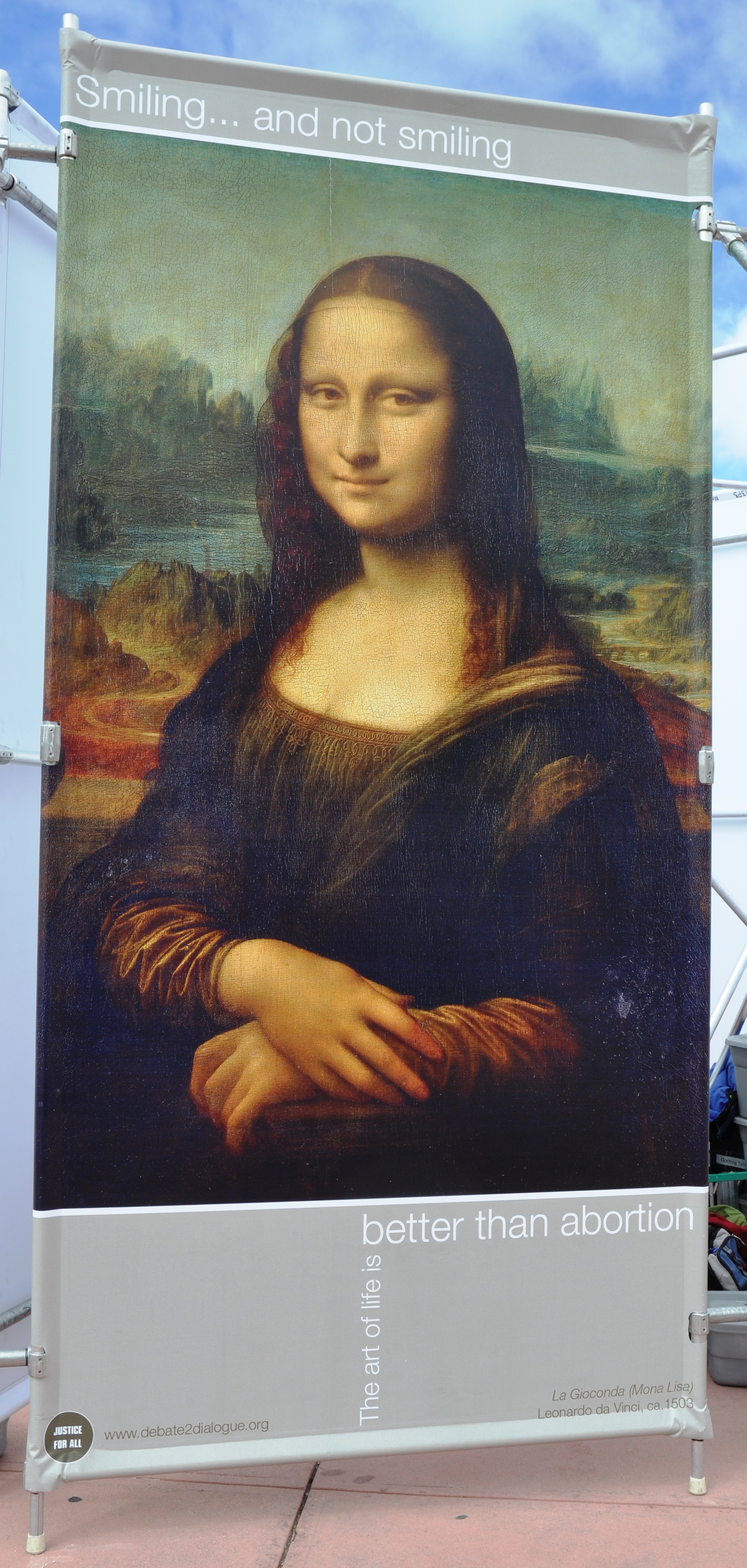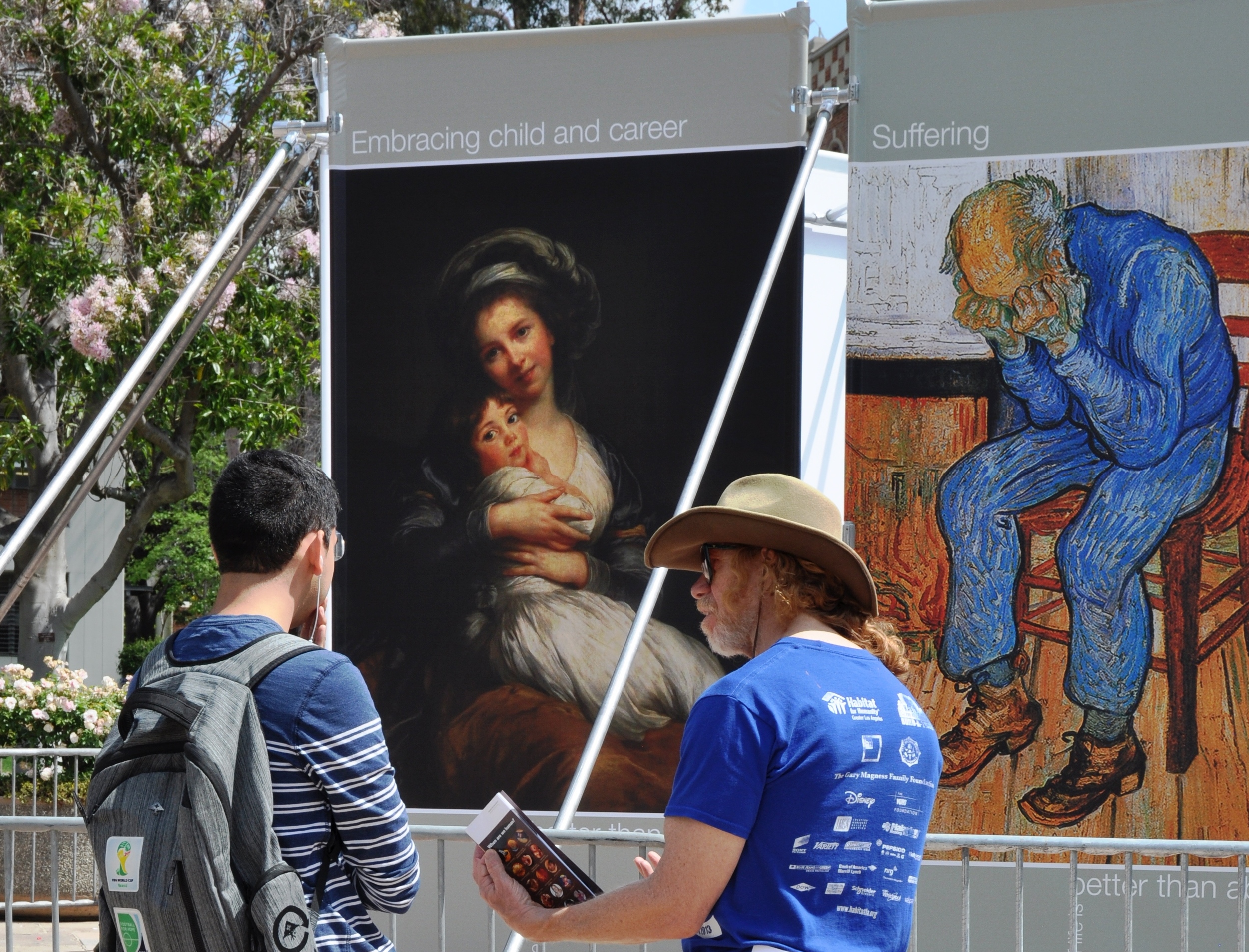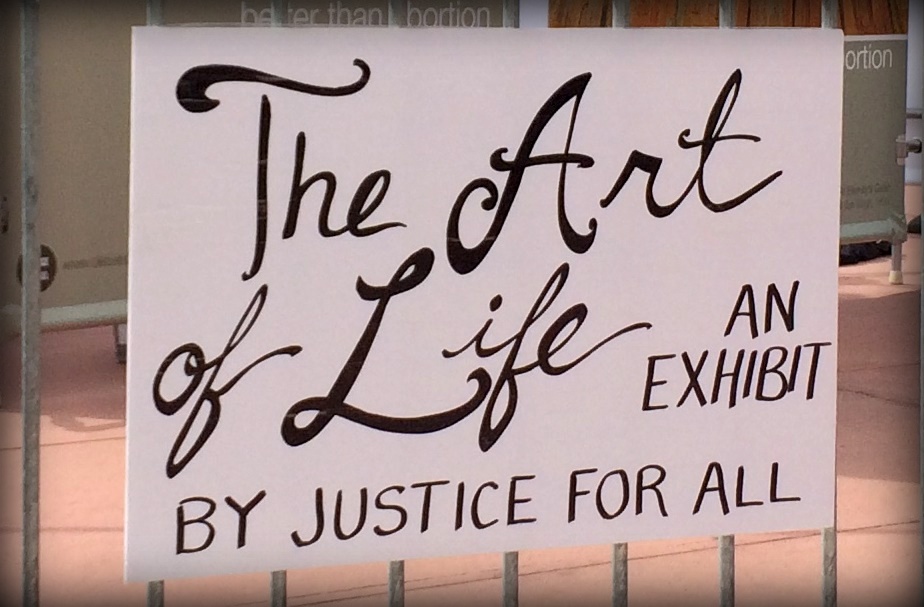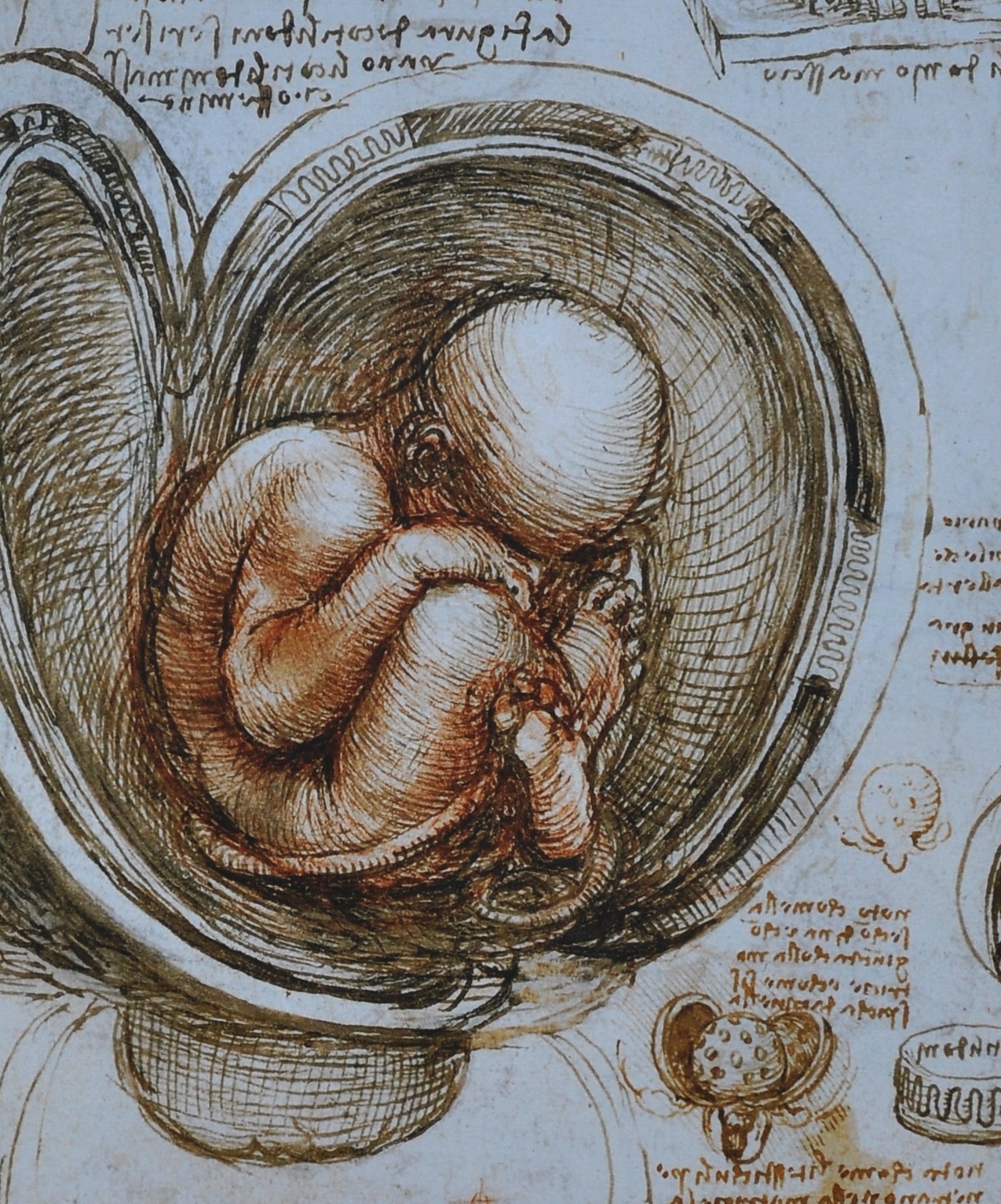We really like this shirt design. Here are a few questions it brings to our minds.
What do you think?
Do you think every human being is a work of art?
Can optimism like this provide some common ground which can help with the discussion of solutions for unintended pregnancy?
If you think every human being is a work of art, how does that inform your position on when human rights begin?
Do these questions affect your position on abortion?
Is it helpful to use / allude to artwork in order to create dialogue about abortion, or does it seem manipulative to you?
About the T-Shirt that Inspired this Post:
The picture above is a t-shirt design made available through Abort73, and created by artist Tori Higa. The drawing of a little girl alludes to Frida Kahlo, an unexpected source of inspiration for a pro-life message like the one written directly underneath it. Michael Spielman, the founder and director of Abort73.com explains:
In referencing Kahlo's likeness on behalf of a politically incorrect cause, my hope is to continue her legacy of challenging perceptions and turning stereotypes on their head. You may look at our new design and see nothing but a cute little girl; I see an opportunity for dialogue and introspection—with a cautiously optimistic nod to the future.
To read more about the purpose and origin of the design, see Michael Spielman's article, "Frida Kahlo and the Art of Abortion."
Justice For All was inspired by a similar concept when creating "The Art of Life", an open air exhibit which made its first appearances at Colorado State University (CSU) and the University of California, Los Angeles (UCLA) in 2016. (See images below, or read about all the panels by clicking here.) Responses to JFA's new exhibit have spanned a wide range, from support and excitement to disgust and anger.
What do you think (Part 2)?
Is it helpful to use / allude to famous artwork in order to create dialogue about abortion, or does it seem manipulative to you?
What other works of art have influenced you when thinking about the meaning and value of life?
If human beings are a work of art, do you think that means there is an “artist”?

















